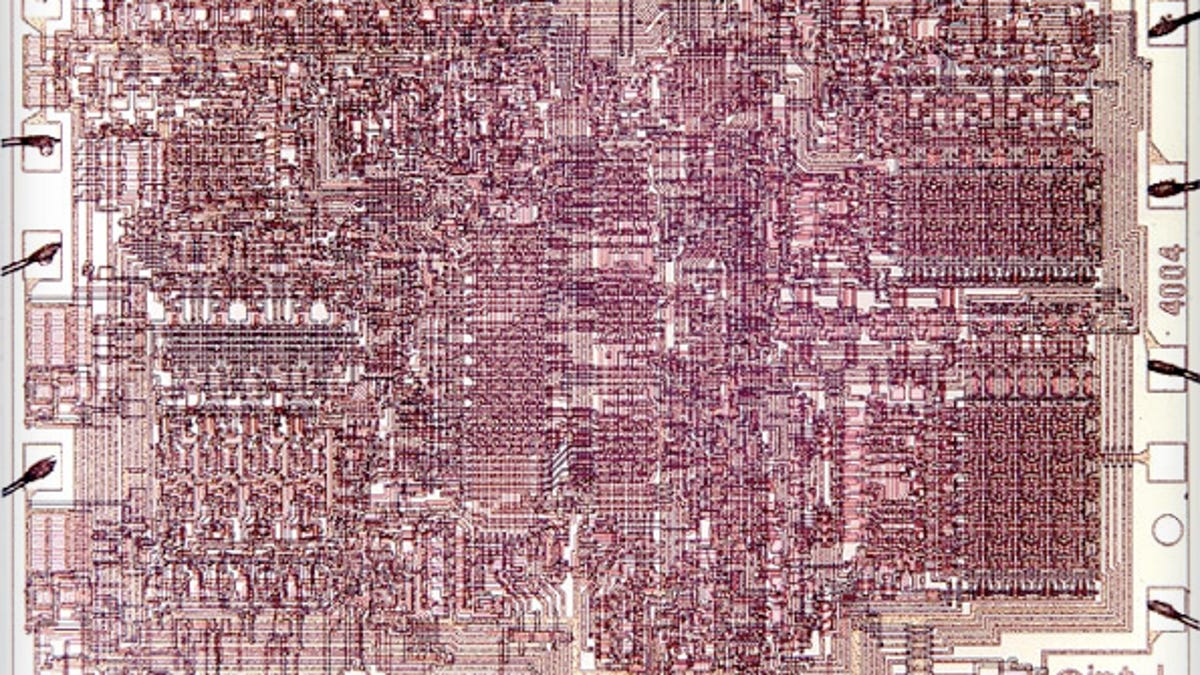Early chip engineer Victor Poor dies at 79
One of the engineers credited with helping create Intel's famous 4004 microprocessor and continuing iterations, like the 8008, 8086, and 8088, has passed away.

Victor Poor, one of the founding fathers of early computer innovation, died Friday at the age of 79. He was one of the handful of engineers who helped develop Intel's first single chip microprocessor -- the 4004. Poor continued to be instrumental in microprocessor and computer advancement throughout his life.
According to the New York Times, Poor died of pancreatic cancer in Palm Bay, Fla.
Poor, who was a self-taught engineer, began working with Intel in 1969 when he met with well-known engineer Stanley Mazor to discuss the idea of building a processor for a programmable terminal, according to the New York Times. Intel was already working on the 4004 at the time.
The 4004 was Intel's first microprocessor. It sparked a technological revolution because it was the first product to fuse the essential elements of a programmable computer into a single chip. It was designed to be a calculator component for a Japanese manufacturer, which initially owned all rights to the chip. At the time, most Intel executives saw little promise in the product. Since then, processors have allowed manufacturers to embed intelligence into PCs, elevators, air bags, cameras, cell phones, beepers, key chains, farm equipment, and more.
After the 4004 was completed, Poor continued to work with Mazor and several other highly regarded engineers, like Ted Hoff and Federico Faggin, to build other microprocessors. After developing the 8008, 8086, and 8088, Intel was sky rocketed into computer stardom. These chips played a huge role in the growth of the PC industry. The 8088 was the chip first introduced into IBM's personal computer in 1981 and its success propelled Intel into the ranks of the Fortune 500.
According to the New York Times, Poor was always humble about his role in computer innovation. While being interviewed for the Computer History Museum in 2004, he said his colleagues did most of the design and "I sat in the office throwing darts at it the whole time."
He is survived by his wife, Florence Ann Poor; a son, Meredith; two daughters, Noreen Poor and Shirley Jean Schmidt; and a sister, Dixie Lee Hagerth.

